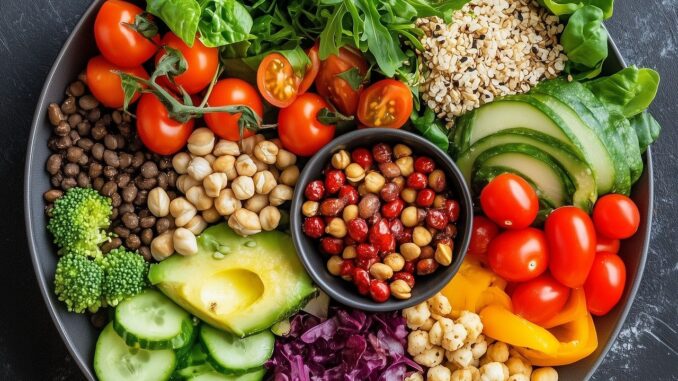
Diet Therapy for Depression: Nourishing Your Mental Health
Depression is a complex mental health condition that can be influenced by several factors, including diet. The food we eat plays a significant role in how we feel mentally and emotionally. Diet therapy for depression is an approach that focuses on using nutrition to improve mood, reduce symptoms, and support overall mental well-being.
The Link Between Diet and Depression:
Research has shown that the brain relies on nutrients to function optimally. Just as certain foods can help our body feel strong and energized, specific nutrients can positively impact brain chemistry, reducing inflammation and supporting the production of neurotransmitters like serotonin and dopamine. These chemicals are crucial for regulating mood, stress, and emotions. Diet therapy aims to incorporate foods rich in these vital nutrients to alleviate symptoms of depression.
Natural remedies for depression focus on holistic approaches to uplift mood and enhance emotional well-being. Herbal supplements like St. John’s Wort, ashwagandha, and turmeric are known for their mood-stabilizing and anti-inflammatory properties. Regular exercise and yoga boost endorphin levels, naturally improving mood. Mindfulness practices, such as meditation and deep breathing, help manage stress and anxiety. A diet rich in omega-3 fatty acids, found in flaxseeds and walnuts, along with a good balance of vitamins and minerals, supports brain health and reduces depressive symptoms.
Key Nutrients for Managing Depression:
Omega-3 Fatty Acids
Omega-3 fatty acids, found in fatty fish such as salmon, sardines, and mackerel, play a critical role in brain function. These healthy fats help reduce inflammation in the brain and support the production of serotonin, a neurotransmitter that regulates mood and helps prevent depression. If you’re vegetarian, plant-based sources like chia seeds, flaxseeds, and walnuts are great alternatives.B Vitamins
B vitamins, particularly B6, B9 (folate), and B12, are essential for regulating neurotransmitters and brain function. A deficiency in these vitamins can lead to mood imbalances and increased risk of depression. You can find B vitamins in whole grains, leafy greens, legumes, and eggs. Supplementing your diet with these foods may help stabilize mood and energy levels.Magnesium
Magnesium is a calming mineral that supports relaxation and helps reduce anxiety and stress, both of which are often associated with depression. Foods rich in magnesium include spinach, almonds, pumpkin seeds, and avocados. Magnesium also promotes better sleep, which is crucial for managing depression.Antioxidants
Antioxidants, found in fruits like berries, oranges, and dark chocolate, help protect the brain from oxidative stress and inflammation, both of which can contribute to depression. Including antioxidant-rich foods in your diet can improve cognitive function and support emotional balance.Probiotics
The gut-brain connection is essential for mental health. Probiotic-rich foods like yogurt, kefir, sauerkraut, and kombucha support a healthy gut microbiome, which influences mood regulation. A healthy gut reduces inflammation and enhances serotonin production, contributing to better emotional well-being.
Foods to Avoid:
In addition to incorporating nutrient-dense foods, it’s essential to avoid certain foods that can worsen symptoms of depression. Processed foods high in refined sugars, unhealthy fats, and artificial additives can cause inflammation, disrupt brain function, and lead to mood swings. Limiting sugar, trans fats, and caffeine can significantly improve mood stability.
Conclusion:
Diet therapy for depression offers a natural and effective way to manage mental health through nutrition. By incorporating omega-3s, B vitamins, magnesium, and antioxidant-rich foods into your diet, you can support your brain’s health and reduce symptoms of depression. This holistic approach focuses on nourishing the mind and body, helping to create a foundation for long-term emotional well-being and improved mental health.




Be the first to comment